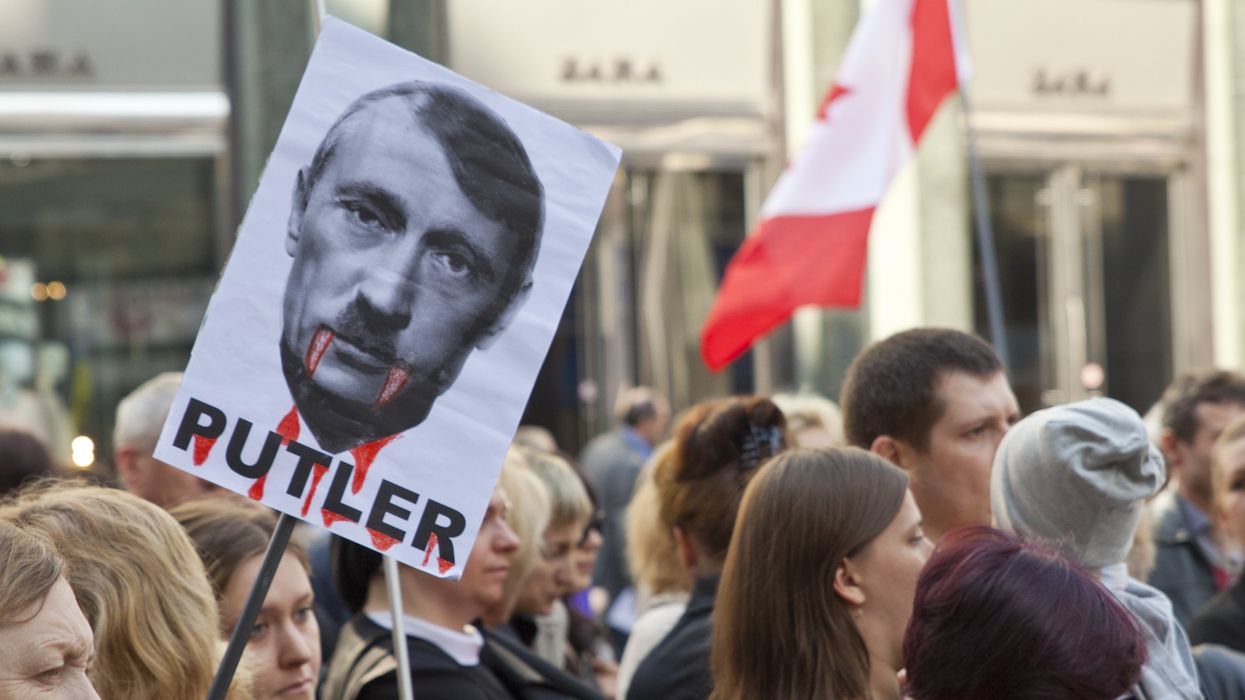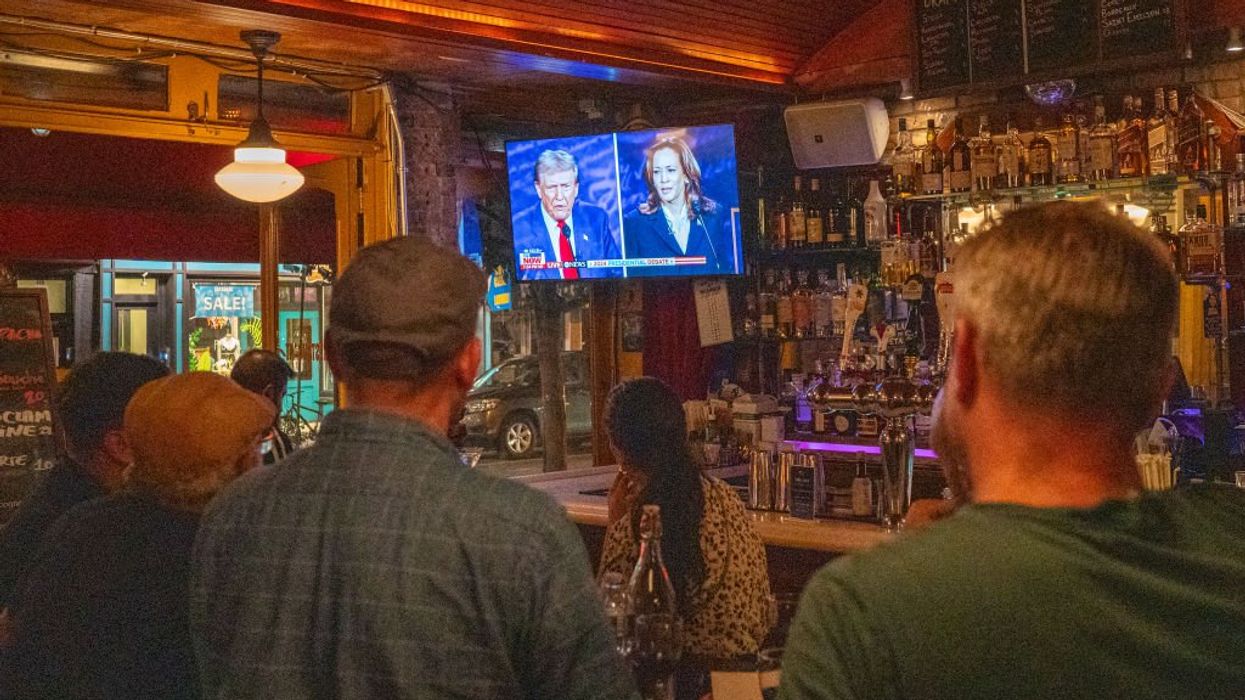We’ve all heard the saying: “The only thing necessary for the triumph of evil is for good men to do nothing.” We know the truth of this: we have lived it, and watch in horror as it plays out now, as it has throughout history.
February is a banner month for Vladimir Putin and his regime, marking the anniversaries of three grim and illegal maneuvers led by the Russian President.
February 27, 2014: Putin invaded the Crimean Peninsula, seizing control of that part of Ukraine and occupying and controlling Crimea.
February 24, 2022: Claiming, without a shred of evidence, he was “saving” Ukraine from Neo-Nazis, Putin invaded the country again. He announced his “special military operation,” by declaring war on Ukraine, in direct violation of the U.N. Charter.
February 16, 2024: This date marks the death of Russia’s top opposition leader, Alexei Navalny. After several previous attempts on his life by the Kremlin, he died “of natural causes” while being held in a special penal colony in the Arctic Circle. He was 47 years old.
Putin is now in his fifth term as President of Russia. With 25 years in power (including the four-year period his ‘puppet,’ Dmitry Medvedev, ruled, until Putin could change term limit laws), he is the longest-serving Russian or Soviet leader since Joseph Stalin, and every bit as ruthless as his predecessor.
All that is necessary to know about Putin can be found by hanging out with a willful three-year-old for an hour: he wants what he wants when he wants it. And he is willing to go to any means to get it.
Why do bullies exist? Because they can. How do bullies persist? Because no one opposes them. Finally, how are bullies stopped? Only by standing up to them. The parents or teachers of an obstinate toddler will presumably intervene to curtail their selfish actions. There will be consequences. But who dares to oppose Putin?
Just how much damage can a bully really do? A toddler: minimal. An unopposed and power-hungry leader: monumental. In Putin’s case, the stakes are astronomically high. He demoralizes, imprisons, or murders his own citizens, and attacks independent countries for the resources he wants. The entire country of Ukraine has rich farmland and vast mineral resources, and the Donbas region is one of the richest areas in the world in lithium deposits.
We need only look at recent history to see the consequences of an unleashed, unchecked bully: i.e. Adolph Hitler and the resulting carnage of World War II. An estimated 50 to 60 million people died on the European front as a result of his actions, the deadliest conflict in human history. Over a million are already dead because of Putin’s invasion of Ukraine.
The accompanying photo shows our adoption agency’s “staff” in Kharkiv, Ukraine, celebrating the adoption of our then two-year-old son. Mariana, our in-country facilitator, (second from left) employed her extended family through agency jobs, ensuring their survival in Ukraine’s tough economy. Left to right: Valencia, Marina’s mother, our cook; Dimitri, her cousin, our driver; Mikhail, her son, our “tour guide”; Igor, another cousin, orphanage coordinator; and Valery, yet another cousin, whose apartment we lived in while there.

Kharkiv, in northeast Ukraine and close to the Russian border, has been bombed mercilessly for almost three years. During the first weeks of the war, network news showed Orphanage #4, where our son was, being evacuated as bombs exploded all around.
Likely, many of the people in this photo are now dead.
Innocent people everywhere fall victim to bullies’ malevolence and greed. My husband and I have also adopted from Russia. The people we worked with there were also wonderful, and also victims of Putin’s bullying.
In St. Petersburg, we clearly saw the terror and intimidation by the government in our Russian staff. They rarely smiled, and advised us not to. Smiling marked a foreigner, or someone as daft, as there was not much to smile about. Belied by government propaganda, Russians, too, are Putin’s victims, living in continual fear of his oppressive regime.
Our current and often muddled thinking might have us believe that evil and goodness are hazy definitions. But they are not.
Evil flourishes when it is not stopped, just as bullies continue to bully if they are not opposed. Courage is called for. A world leader instigating his “oligarchy” is the first clue. We must remain constantly vigilant in our own country, and act with conviction in the world.
“In the end, we will remember not the words of our enemies, but the silence of our friends.” (Martin Luther King, Jr.)
Lockard is an Iowa resident who regularly contributes to regional newspapers and periodicals. She is working on the second of a four-book fictional series based on Jane Austen’s “Pride and Prejudice."




















Trump & Hegseth gave Mark Kelly a huge 2028 gift